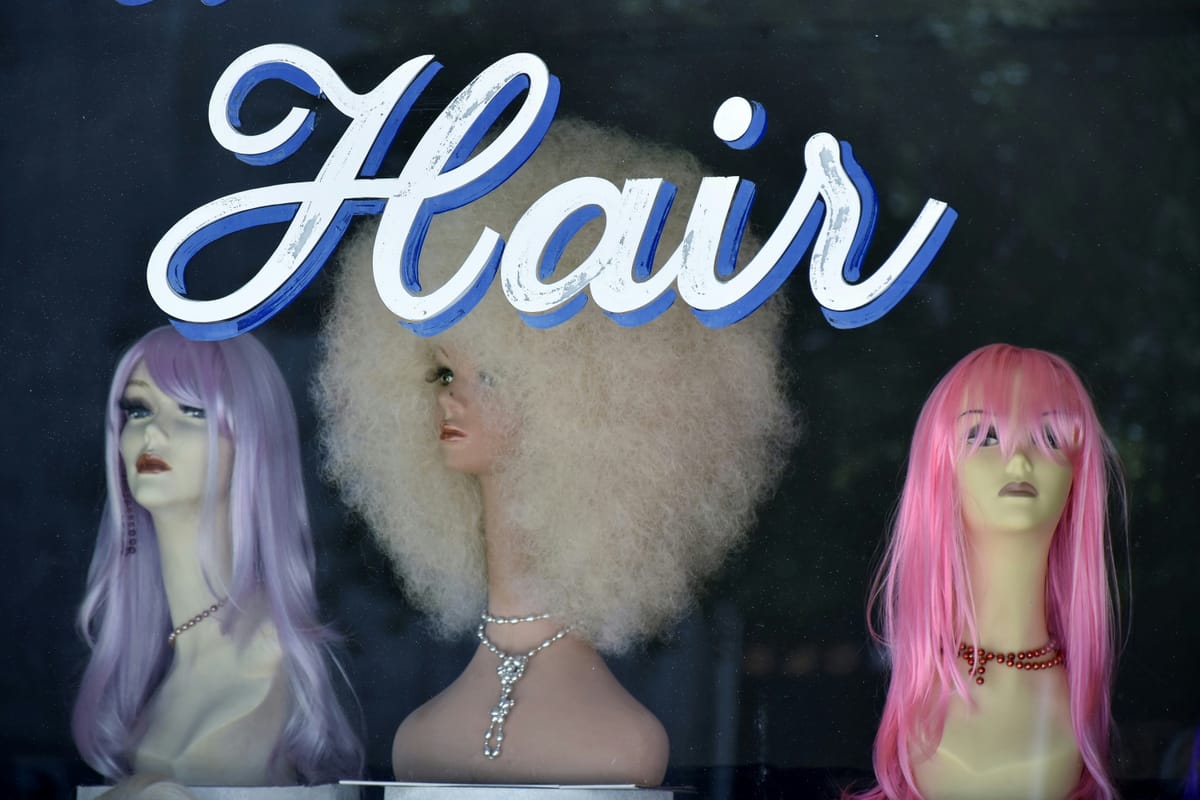‘Awkward’ Statute at Center of Georgia Hair Relaxer Injury Case

ATLANTA — The Georgia Supreme Court is reviewing a case that could change how product liability lawsuits are handled in the state. At issue is whether the state’s 10-year limit on filing such lawsuits applies to the first or last use of a product that allegedly caused harm after years of use.
The case centers on Kiara Burroughs, who began using hair relaxer products in 1995 when she was six years old. She continued using them until 2014 and was diagnosed with uterine fibroids in 2018. Burroughs filed her lawsuit in 2022, claiming she only recently learned about the possible link between chemical hair straighteners and health issues.
However, a Georgia appeals court ruled her case was filed too late. Under current interpretation, the 10-year window started when Burroughs first used the product. The justices must now decide if that timing makes sense for cases involving repeated, long-term exposure.
Key Debate: First Use or Last Use
Justice Sarah Hawkins Warren said the statute's language is "awkward" and does not clearly address cumulative exposure. She noted the court had not previously handled a case where harm may build up over years.
The statute in question starts the countdown from the “first sale for use or consumption” of the product. Darren Summerville, representing Burroughs, argued this means each new sale of a product restarts the clock. “The statute of repose follows the product, not the purchaser,” he told the court.
Justice Andrew Pinson questioned how a single unit of a product could be blamed for long-term harm caused by years of repeated use. “No single unit did anything to cause the injury,” he said.
Still, some justices suggested Burroughs’ argument might hold if her complaint focused on when the injury became known, not when it began.
Implications for Other Lawsuits
This case could affect hundreds of similar lawsuits in Georgia and thousands more nationwide. More than 500 claims have already been filed in Georgia, many in DeKalb and Chatham counties. Nationwide, over 9,000 cases have been grouped in federal court in Illinois.
Manufacturers argue the law is clear. Dennis Ellis, representing L’Oreal, said the law limits liability after 10 years, no matter when the injury was discovered. “It may be unyielding and it may be absolute,” he said, but it gives insurance providers certainty.
Attorneys for product makers, including Strength of Nature and Avlon Industries, said changing how the law is interpreted would remove important legal boundaries. The Georgia and U.S. Chambers of Commerce have backed the companies, warning that uncertainty could raise insurance costs and harm business.
Decision Could Reshape Georgia Law
Justice Charles Bethel questioned whether it made sense to treat long-term customers differently from new ones. He said it’s more logical for liability to follow each actual sale.
The court did not give a timeline for its decision. However, justices suggested that how a case is argued in early filings could determine whether it survives a motion to dismiss. “Our pleading standard in Georgia is quite liberal,” Justice Pinson noted, hinting that some cases could move forward depending on how facts are presented.
For now, plaintiffs, companies, and legal experts across the state are watching closely. The outcome could reshape the landscape for product liability lawsuits in Georgia.
